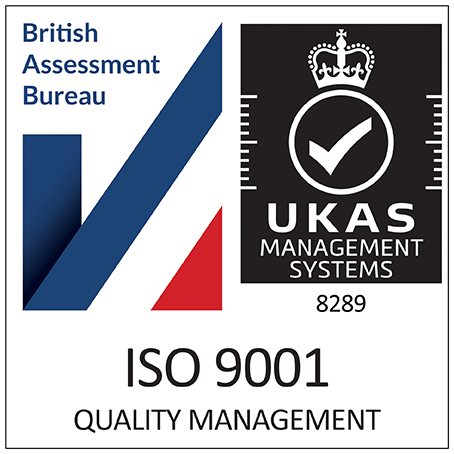The concept of adverse possession can be a difficult legal area to grasp, at first glance seemingly giving priority to squatters’ rights over those of the legal landowner. The Land Registration Act 2002, which came into force on 13th October 2003, introduced a number of changes to UK land law, including the rules governing adverse possession. Here we clarify some of the complexities involved when dealing with land ownership, by answering some of your most frequently asked questions on the subject.
What is adverse possession?
Adverse Possession occurs when someone occupies land belonging to someone else, without their permission. If the land is occupied by that person continuously for a number of years (normally 10 or 12 years) then, in certain circumstances, the land may become theirs.
Why does the law allow an adverse possessor to gain legal title to land?
When buying and selling land, it is important to ensure that the vendor actually owns the land they are selling, to protect the buyer from any restitution from the true owner, should that not be the vendor. Land Registry title deeds provide widely accepted proof of owning registered land, but further form of ownership is required when dealing with unregistered land. Adverse possession provides a legal framework upon which legal ownership of unregistered land is proven after 12 years of continuous occupation of said land, offering buyers the security of knowing they will gain good legal title.
Why is some land in the UK unregistered?
The process of registering land in the UK has taken a long time to become fully integrated into our legal system. Following the introduction of the Land Registration Act in 1862, the Land Registry was opened and, in 1899, compulsory registration was introduced into the first areas of inner London. However, it was not until 1990 that the last areas of the UK were finally brought into compulsory land registration. This means there are substantial areas of land in the UK, which were last sold prior to compulsory registration, that remain unregistered.
Can registered land be claimed under adverse possession?
Yes, although there is greater protection for the registered land owner from title being lost through adverse possession. After 10 years of adverse possession of registered land, a person can apply to the Land Registry to become registered as the new owner. The current registered owner will be informed of the application by the Land Registry and given 65 business days to respond to the claim. Failure to respond in that time will result in the applicant becoming registered as the new owner.
What is the process for disputing a claim of adverse possession of registered land?
If the application is disputed under paragraph 5 of Schedule 6 to the Land Registration Act 2002, the registry will reject the application unless the applicant is able to satisfy one of three conditions:
- It would be unconscionable … for the registered proprietor to seek to dispossess the applicant, and the circumstances are such that the applicant ought to be registered as the proprietor
- The applicant is for some other reason entitled to be registered as the proprietor of the estate.
- The land to which the application relates is adjacent to land belonging to the applicant, who has been in adverse possession of that land for at least 10 years, under the mistaken but reasonable belief that they own the land.
A typical example of condition 3 is where land boundaries are not clearly defined or have become blurred over time. In these circumstances, it is advisable to seek legal advice on boundary disputes.
If it is not persuaded by the applicant’s statement of truth that the condition applies, the Land Registry will reject the application. If the registry believes the condition does apply, it will give the registered owner further opportunity to object, and refer the matter to its dispute resolution regime.

